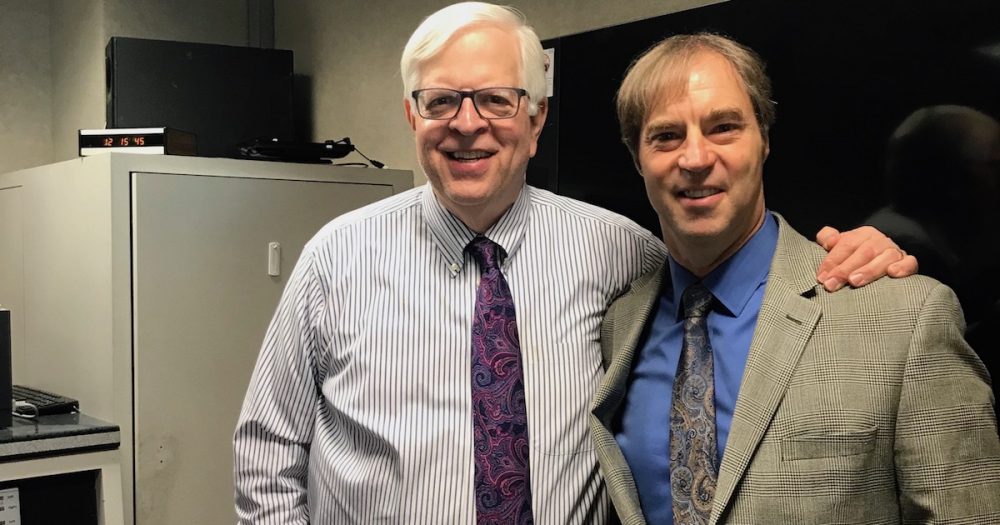


Of Natural Selection, Explanatory Deficits, and Bunnies Dark and Light
On this episode of ID the Future we hear the first part of Discovery Institute Education Outreach Associate Daniel Reeves’ talk at the 2020 Dallas Science and Faith Conference. Reeves outlines the meaning of natural selection, and traces its history, starting from Darwin’s early understanding, in the days when cells were viewed as just blobs of protoplasm. Reeves carries the story from there through the neo-Darwinian modern synthesis and into the extended evolutionary synthesis, culminating in a 2016 meeting of the Royal Society on the theory’s continuing — and still unresolved — explanatory deficits.

How Stephen Meyer Changed Dennis Prager’s Mind, Pt. 1
On this episode of ID the Future we hear part one of Dennis Prager’s remarkable Prager Show conversation with Dr. Stephen Meyer, director of the Discovery Institute’s Center for Science and Culture. Prager had been agnostic on evolution, but reading and talking with Meyer changed his mind, he says. And it wasn’t any religious concerns, Prager explains. It was the science. Please consider donating to support the IDTF Podcast.
Read More ›